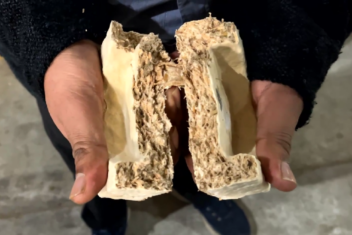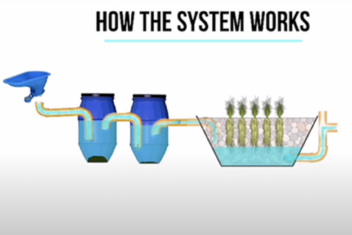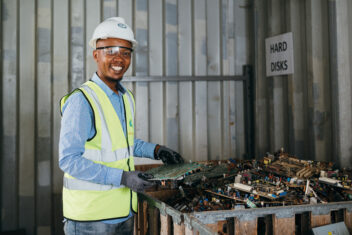The road to business growth in the plastic waste sector | FINILOOP
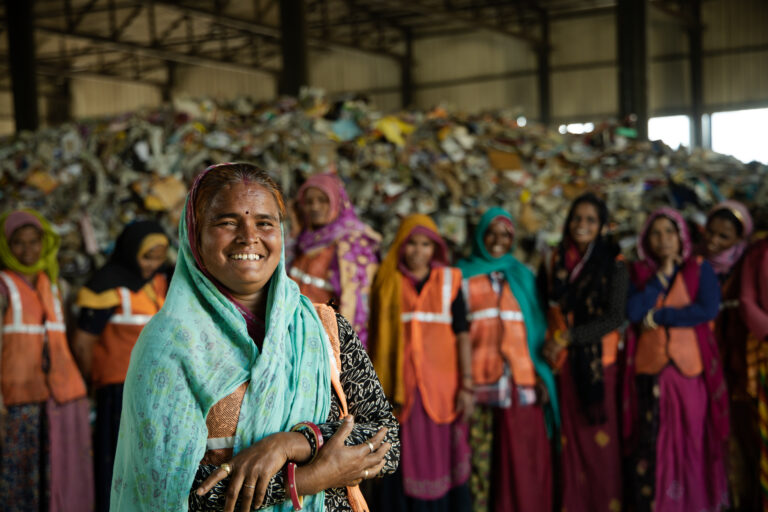
The business development experts on the FINILOOP team have been busy over the last month laying the foundations for the growth of 72 innovative plastic waste entrepreneurs in India. Entrepreneurs who play a vital role in creating plastic waste-free cities.
Earlier in the month, 15 local trainees took part in the first stage of FINILOOP’s business development training. A ‘training of trainers’ stage designed to ensure those participating come away with the skills to provide business training to entrepreneurs across Udaipur and Amritsar.
Identifying the gaps
Capacity building is at the heart of WASTE’s approach to developing sustainable waste management and sanitation systems. WASTE identifies where skills and knowledge gaps lie and works with local partners to provide training and support to bridge these gaps.
“I want to learn about entrepreneurship in the plastic recycling sector. Getting to understand how businesses in this sector work.” – Jastarandeep Singh, training participant
Informal waste pickers and aggregators make up the majority of the solid waste recycling sector in India and face several business development challenges, leaving them unable to secure a sustainable livelihood. A thorough assessment of these groups revealed 56% of informal waste pickers would like to be trained in how to start their own enterprises, and many highlighted a desire to receive skills building opportunities. Informal waste aggregators faced challenges including reduced profit margins, limited cash flow and lack of support from government programmes but are looking to grow, with 63% seeking financial support to scale their business.
It is this stage of listening to the local community and identifying the challenges which led to the creation of the business development training within the FINILOOP programme.
Sharing skills
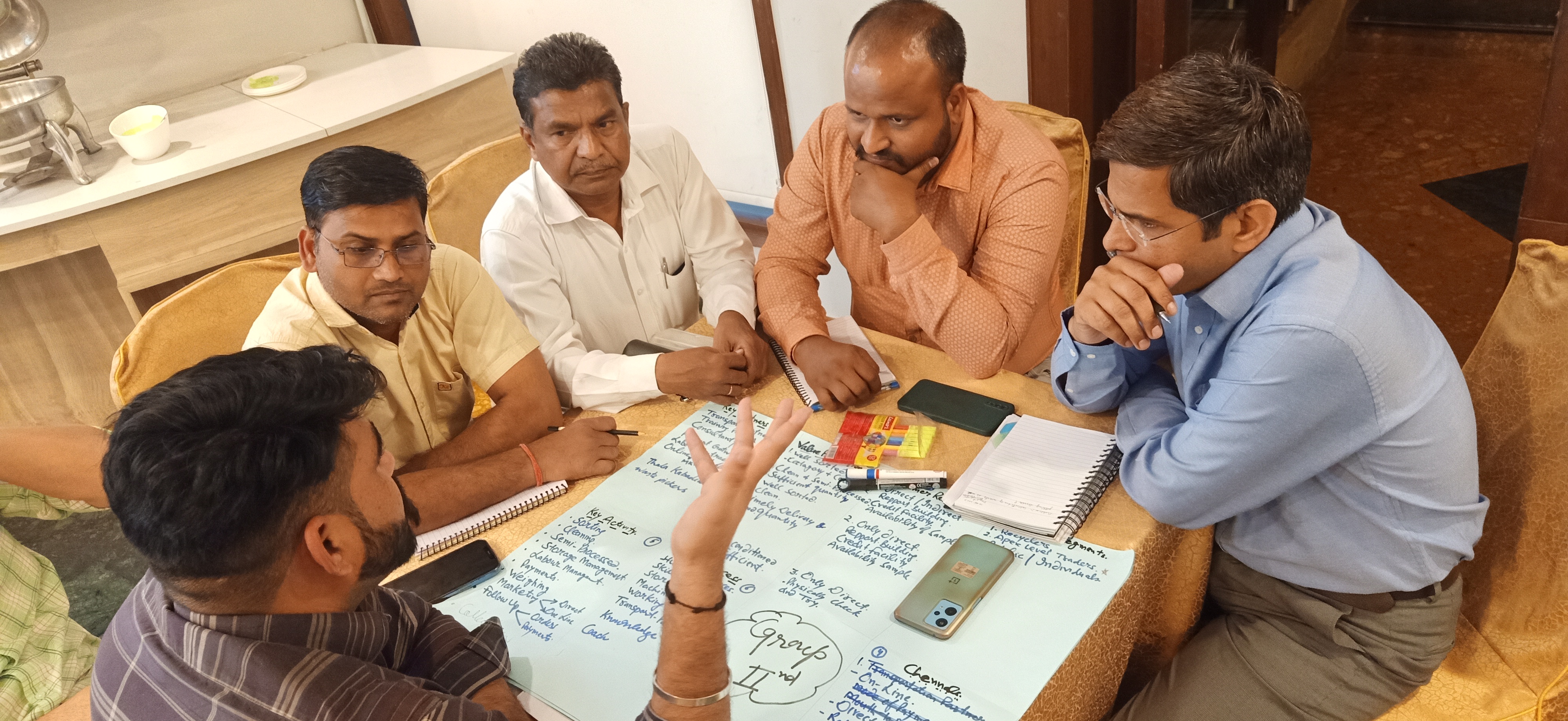
To give you an insight into what the first stage of training included, participant and MEAL lead for FINILOOP partner TOP in Amritsar, Shewta Rajput, shares her thoughts from the three days of training:
“The day the training started was focused on skills that we use every day, so I felt connected to its content. The second day was about how to prepare and understand the business model canvas, which was technical for me and very interesting at the same time. In the third day we engaged in role play to put the things we’ve learned so far in to practice, simulating interactions with entrepreneurs and business owners which will happen soon for real. On the last day we learned about the technical aspects of plastic recycling, with some examples of machinery that I was already familiar with. Still, I got to know many new things about these machines, for example, how they are used and why they are important.
We have learned many things related to business such as matrixes and tools, but these things can also be used in our day-to-day life. All of this will enable us to better understand the entrepreneurs and their businesses. No doubt we have learned many things in this multi-day training and these learnings will stay with us in the future.”
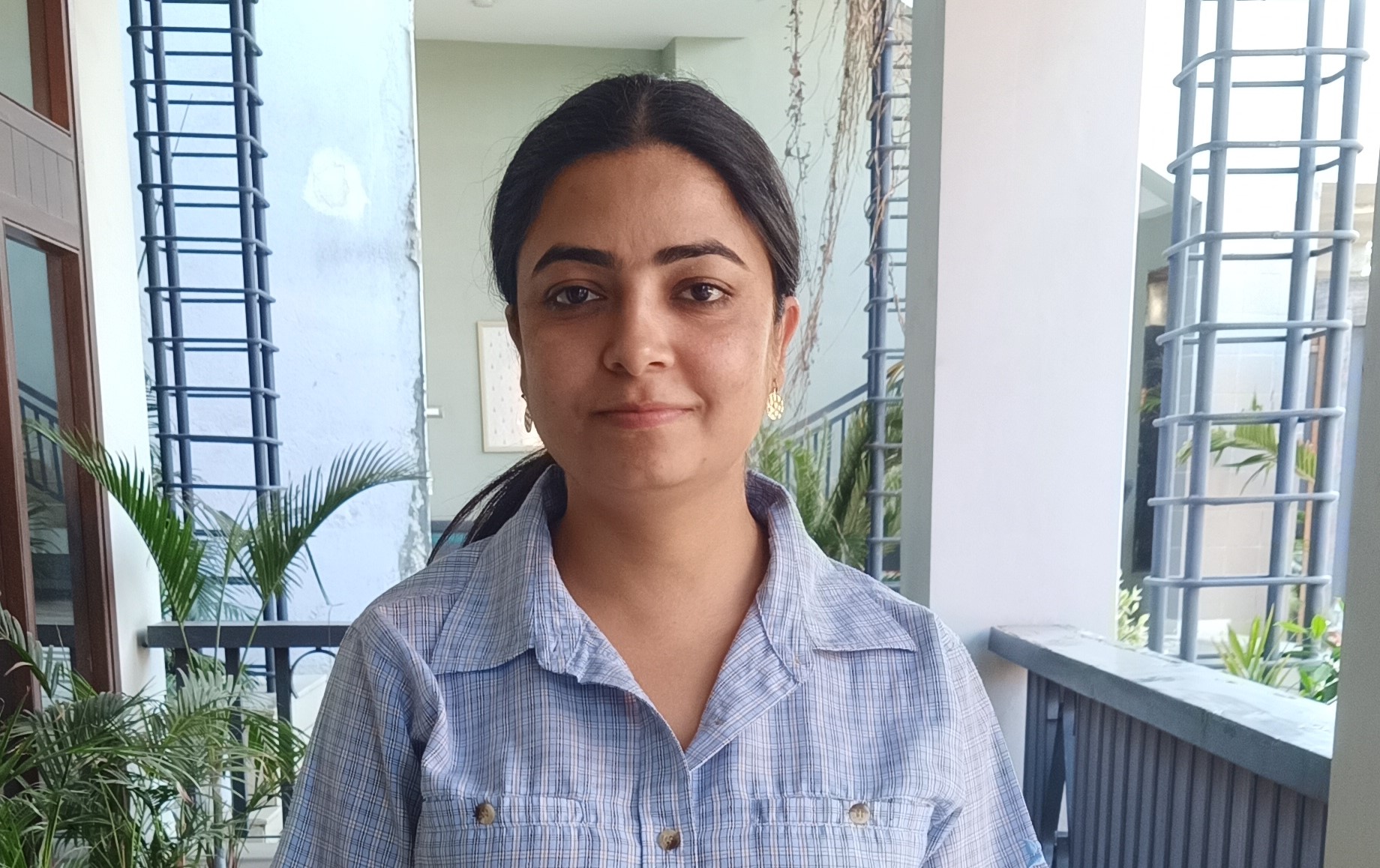
The ripple effect
A third of those, like Shewta, who took part in the training will be selected to go on to receive advanced business training later in the year and receive ongoing support from WASTE’s business development experts. The impact of this will ripple out across the cities of Udaipur and Armitsar as over the next three years this team of trainers will provide business training to waste workers, start-ups and existing businesses across the plastic waste sector. This will enable existing businesses to scale, give new ones space to flourish and provide secure job opportunities for informal waste pickers.
